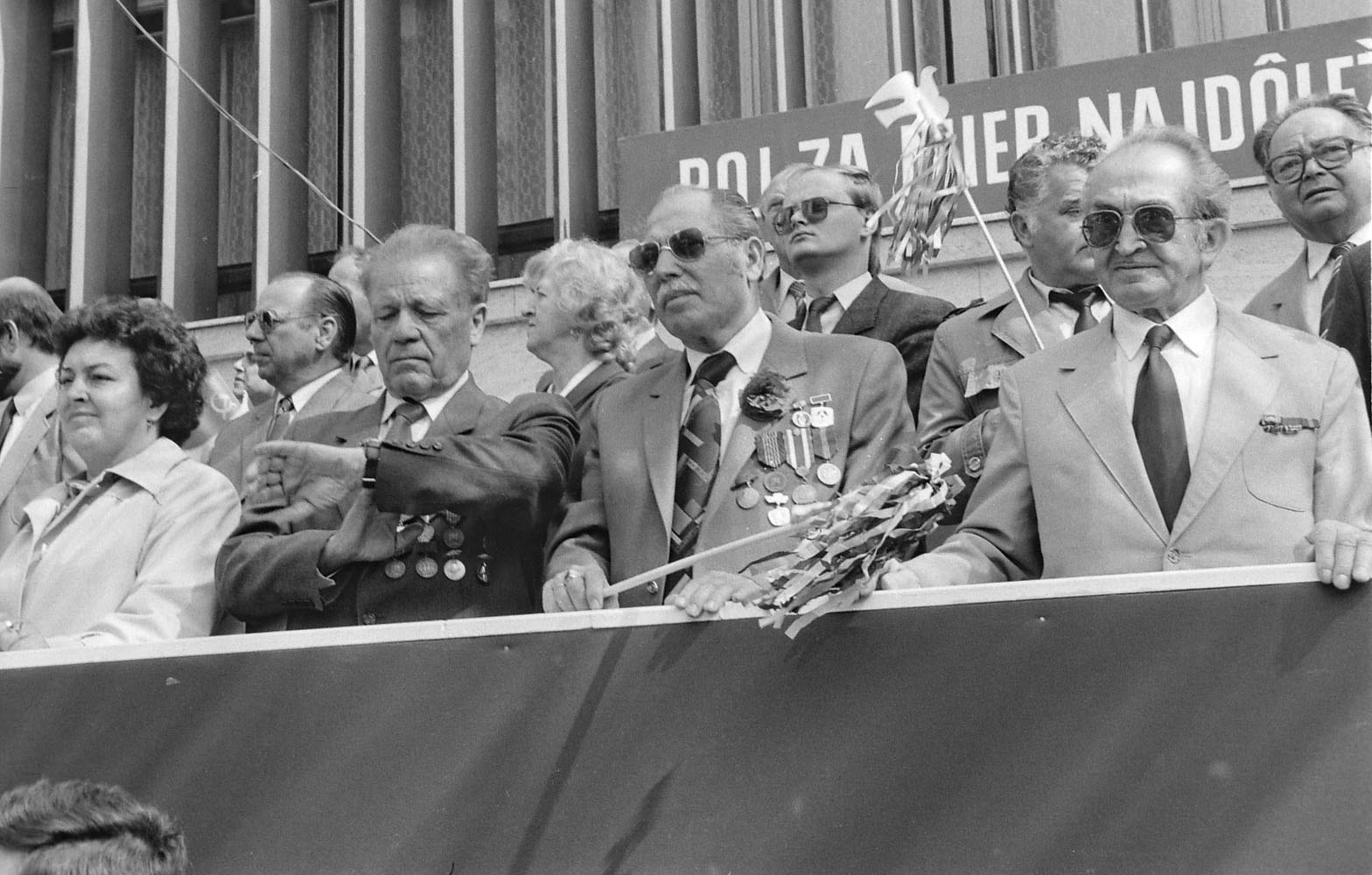Facts and disproval of the myth ↓
The myth about equality during the socialist era was based on an incorrect starting point saying that it was guaranteed by the leading role of the communist party, which is excluded by definition.
“New man” was the term that was supposed to reinforce the class-based interpretation of equality. It was created as a part of the heritage of the Enlightenment and modernization of Europe, resulting primarily from the industrial revolution and related social processes. The “new man” idea was dominant also within liberal democracy. As concerns fascism and socialism, the idea was based, apart from all differences, on absolutization of the collective identity over the individual identity and the totalitarian nature of the communist party´s leading role, which practically excluded equality during the socialist era.
During socialism, the concept of equality was defined by the constitution. The constitution of 9 May 1948 stipulated the leading role of the communist party within the political life structure that was based on the National Front, preventing thus political plurality. The constitutions of 1960 and 1968 contained the principle of the leading role of the communist party directly in basic chapters of both of them.
The communist party´s leading role within the society was secured, in a specific and practical form, by the nomenclature system set by the personnel policy, conditioning the work and social existence of every citizen. Confidential files accompanied each citizen from school age through work life until pension and affected not only his/her life but also lives of his/her family members. Their aim was expressed through confidential personal assessments and files containing data, political opinions, and attitudes of citizens. Such files were maintained within each employment by confidential officers. As employment was compulsory de facto, there was basically nobody who could escape the confidential policy framework. After 1948, the main criterion was the “class background” and the attitude towards the communist regime; after 1970, a greater emphasis was put on the attitude towards the Soviet Union and the 1968 occupation of Czechoslovakia, which used to be characterized by the communist regime as “brotherly help”.
Equality was mistaken for uniformity. The principle of the leading role of the communist party within the society resulted in preferential treatment of communist party members and “committed non-party men” and, on the other hand, in discrimination against all other citizens. New classes were created in the society officially declared to be classless and the socialist regime artificially created differences as concerned incomes, property, and other affairs. Moreover, socialism undermined justice, equality before the law, and dignity of every human life (more in chapter 1.2 Equality).
The socialist era maintained the widespread myth of equality through the uniformity of institutionalized socialist festivities, celebrations of human everydayness (so called civic ceremonies) and labour celebrations (1 May), alertness manifestations (9 May as the Victory Day), and the unity of the people (Spartakiades). Socialist festivities represented communist propaganda tools. Being such, they maintained and revitalized the key and fundamental myth associated with socialism and communism. i.e. the historical materialism thesis shared by Marx, Engels, and Lenin, according to which the history of human society is taking place as a natural process from the primitive communal system to the communist system and the driving force behind that movement is the working class led by the communist party. Each socialist festivity refreshed and confirmed that myth (more in chapter 1.5 Festivities and alternative culture).



